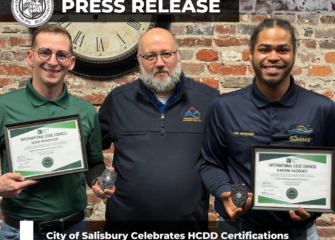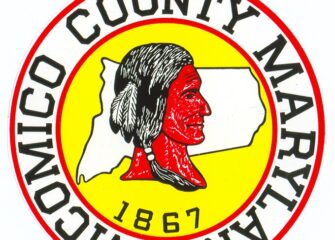
“What do you want to be when you grow up?”
From preschool playtime, to kindergarten drawings of firemen, doctors, ballerinas, and astronauts; to middle school daydreams of rock-stardom and basketball glory, this question has not been far from the minds of most youth. While students entering high school may feel a distinct pressure to know from the outset—or soon after—the full map of their college and career paths, not knowing the exact occupation they want to do is actually ok.
High school is a time of self-discovery. At no time in a student’s educational history has this level of academic freedom been afforded. For freshmen students, subject choice is at an all-time high, and this freedom grows with each passing semester. Taking the time to sample different topics and disciplines to find out what is compelling can be crucial for a student who is unsure of their place in the future. Likewise, participation in career-oriented clubs like Future Business Leaders of America, or interest-specific clubs such as Spanish or computer coding, can open up avenues of interest that may otherwise have been left unexplored. After school activities and sports can also expose career goals or spark curiosity in a field.
While narrowing down the myraid of choices during high school is a good idea, students should keep in mind that some of today’s careers might not exist tomorrow, especially in the fast-changing world of science and technology. Rather than focusing on one target profession early-on, exploring career clusters—jobs that share similar skills and education requirements—can help a student narrow their interests to an area, and explore the education, training, and preparation necessary for that particular cluster’s path. Clusters also keep open the opportunity for avenues a student might not have examined. For example, a student considering becoming a physician might explore the entire biological sciences career cluster and realize that while the idea of curing diseases calls to them, the notion of hands-on patient care is less of a draw. That student might then begin to realize research science options are a better choice.
The guidance counselor is an invaluable resource for career opportunities, and in-school career day, mentoring, and other work-readiness preparation events are frequently offered throughout the year. Junior Achievement’s JA My Way® (www.jamyway.org) is an online program that allows students to take a short personality quiz that aligns them with potential career paths, lets them explore careers of interest, and helps them consider means of saving for college, trade school, or other specialized training. Taking advantage of these resources frequently throughout their high school career will expose students not only to various jobs, but also education and career preparation situations. Knowing what sort of commitment and cost is required for a particular path will save time, frustration, and money in the future.
Dedication and perseverance to studies during the career vetting process is key. Regardless of a pre-collegiate or vocational path, taking studies seriously and putting forth effort to maintain grades will pay off not just in academic success, but in learning key concepts that will translate to greater knowledge, real-world applications, and eventual career selection and satisfaction.
Freshmen, it is ok to enter high school with a degree of uncertainty about the future. Even the most confident young person will falter at some point when considering their place in the working world. Make this year a year of exploration. Become prepared by being able to recognize your own interests, strengths, and skills. Knowing yourself will make it that much easier for you to to be able to know your future career.
Christina Williams is the Marketing and P.R. director at Junior Achievement of the Eastern Shore, a 501(c)3 nonprofit dedicated to teaching age-appropriate financial literacy, workforce readiness, and entrepreneurship to over 6,500 local K-12 students annually. Through enthusiastic volunteers and charitable donations from individuals and businesses, Junior Achievement of the Eastern Shore continues its mission to making a difference in our future communities today. To volunteer, donate, or learn more about JA, email information@easternshoreja.org, or visit www.easternshoreja.org.



